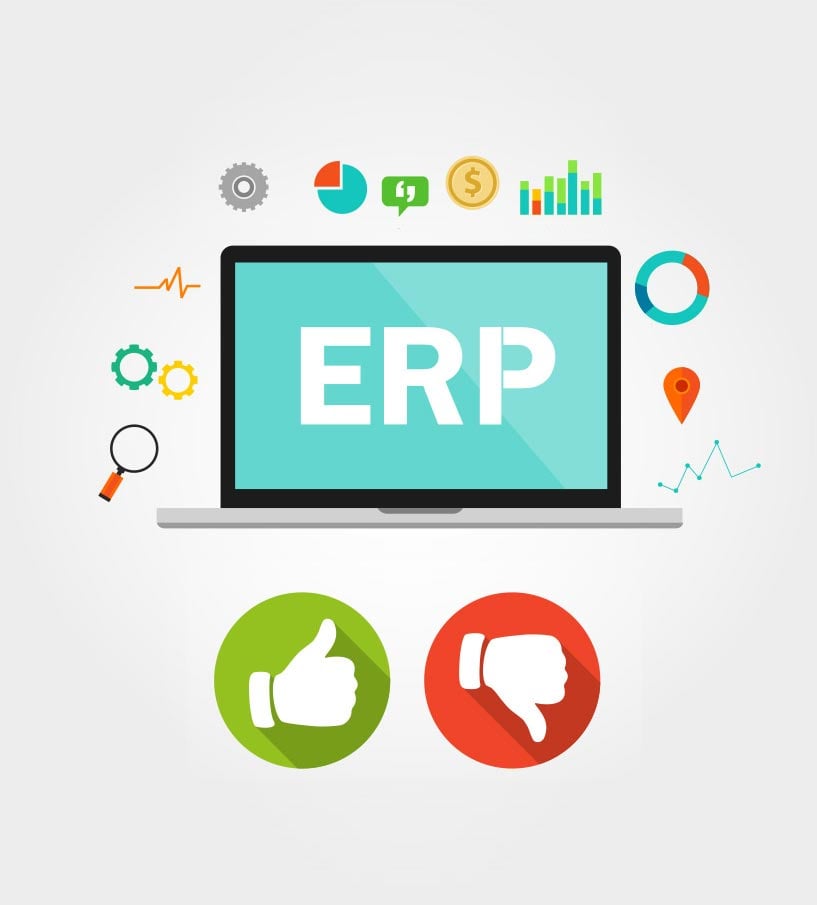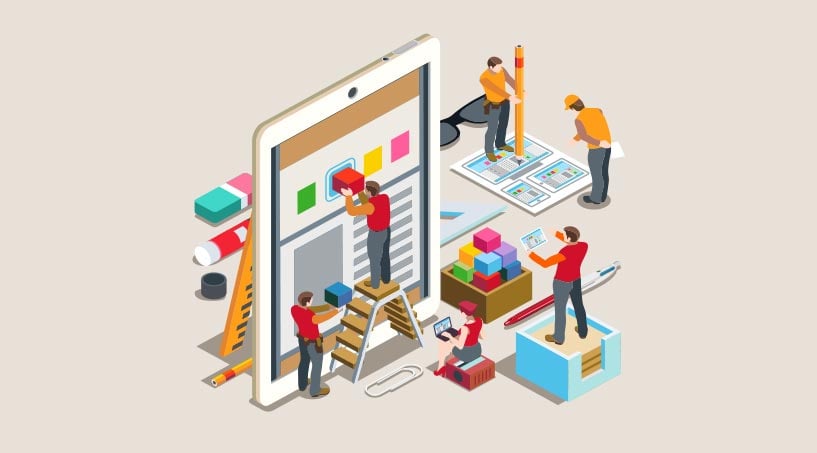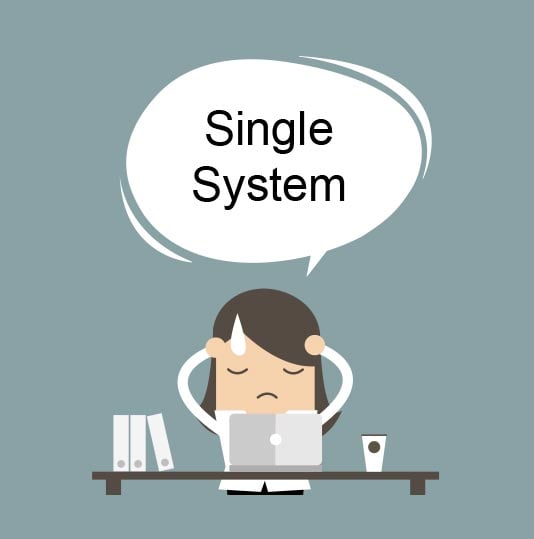A Single HR system for everything vs. multiple best-in-class and interconnected systems?
While some may argue that it’s easier to consolidate all your HR functions into one system, they’re indirectly and without realising leading you into a bad situation that will make your department non-competitive to meet the needs of the business, and where you’d struggle to hire and keep calibre staff.
Let’s start by looking at the following five options. One single HR system is:
A) Good idea
B) The greatest lock-in trick ever invented
C) The biggest innovation killer of all time
D) The death of quality service and support
E) The end of a healthy competition
Personally, I would argue that it’s B) to E)
I was recently asked my opinion on this very question: the merits of a single system to run an organisation’s HR functions compared to having multiple best-in-class and interconnected systems dedicated to certain aspects of the employment cycle. The question got me thinking about how technology in this space has changed, and even more so how HR professionals want to use it.
ERP or not to ERP?
There are two schools of thought on this subject and where you sit in the hierarchy plays a significant part in what people system or systems you could end up with. For example, your CIO might be pushing for an ERP – a fully integrated, cloud-based business system servicing multiple areas of the business, including HR, recruitment, payroll and even finance. Whereas the people who actually use the system on a daily basis, to do their job, may prefer multiple specialised systems providing the latest cutting-edge technology solutions in their field of practice, so they can keep their department competitive and they themselves, remain highly employable.
There are of course benefits to both. A single system is easier to manage: one vendor, one invoice. Good for IT. But can it deliver for all parties? Can one software system really provide the level of functionality an accountant needs as well as your payroll department and your HR department? I would argue it can’t and one or more departments are going to lose out, not to mention that it is a killer of innovation and the end of healthy competition between software providers. Remember once a single system is implemented your organisation is locked in with one vendor and at the mercy of their software development and upgrade roadmap, which may not meet the needs of your future organisation.

Don’t be a jack of all trades: learn from Apple and Google

The Microsoft’s IE experience
Isn’t this the reason why we now, can choose which browser we want to use on our MS PC – as opposed to IE and IE (Edge) only?
We may as well have a single vendor for every function in your company!
Why would it make sense for HR to have a single system solution and not the entire company having a single software solution – well we may as well just hire 1,000 developers and just build one of our own, right? Don’t laugh, you’d be surprised, as matter of fact, unless you’re too young, then you’d remember that so many companies tried to do exactly that back in the 80s and 90s – they thought that their IT manager can hire about 10 to 20 developers and build every single piece of software their organisation needed! and that didn’t go very well! that I can tell you.
It’s not hard to realise that if management/the board want a particular department like HR, sales or marketing to innovate and become competitive, then they need to unchain them from the tyranny of the big and clunky LOCK-IN contract they have, thinking they can do it all software companies.
Would the CIO or CEO do that to the Marketing department?
Ok, so marketing is important for us, because, well, because it makes us money – so if Marketing is not competitive then we don’t get leads, which means we don’t sell and this means that we don’t make money and we die! That’s why a modern, winning marketing department would be using on average over ten pieces of software. If you want to get an idea, here are a few – Eventbrite, SurveyMonkey, Hubspot, Mailchimp, Sumo, and if you want more, get in touch – we use 11 of them.
Management can’t have it both ways

Forcing a single system on them that is unable to meet their job needs will impact on productivity and morale of the team. Unleash your people from being locked in with a single vendor and allow them to find the software that can transform the way they work.
Best-in-their-class systems can be integrated through an API (Application Programming Interface), and software companies are becoming more receptive to the need to integrate to enable the flow of information back and forth from multiple systems.
End the tyranny of the lock-in factor now!
So let’s end the tyranny of the lock-in factor of one software provider. Force these companies to keep innovating their systems and not rest on their laurels. Let your people decide on the system that’s right for their area of speciality and use those best-in-class platforms that integrate with your systems to achieve the best of both worlds for your end users.
But this is just my opinion. I would love to hear your thoughts on this and throw open the subject for further discussion.


